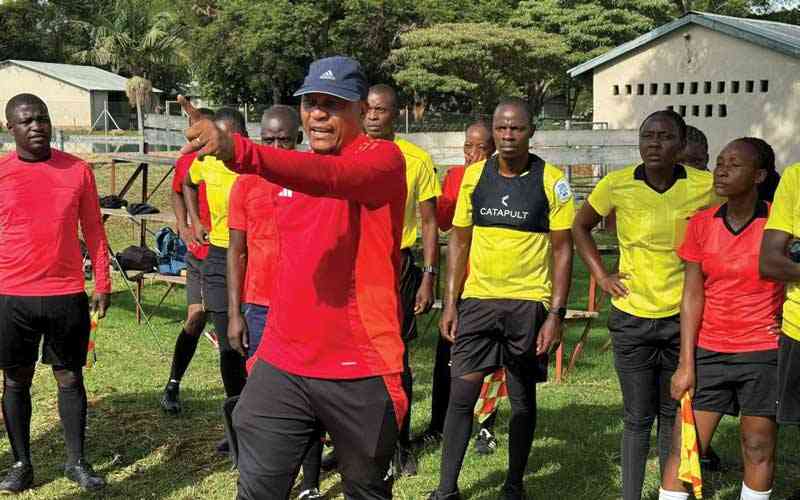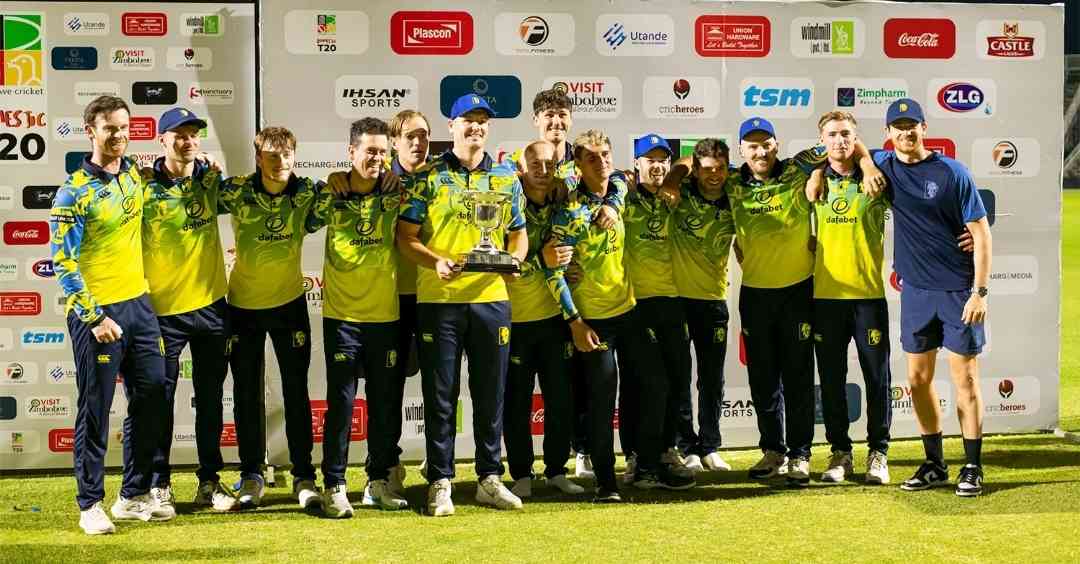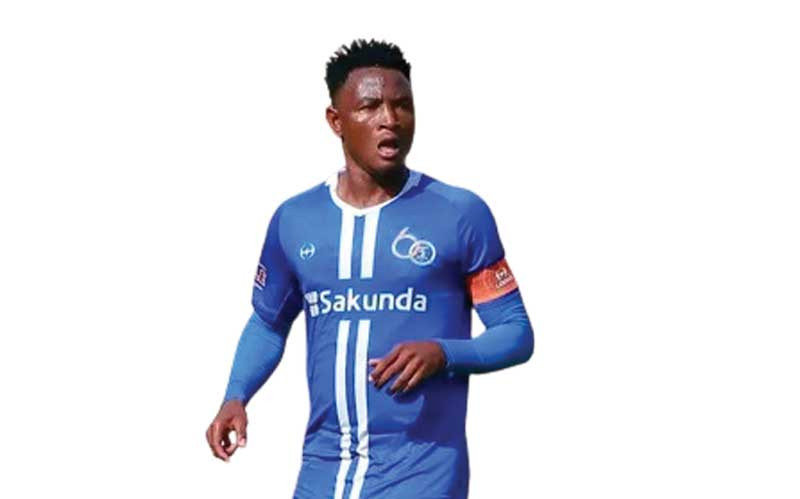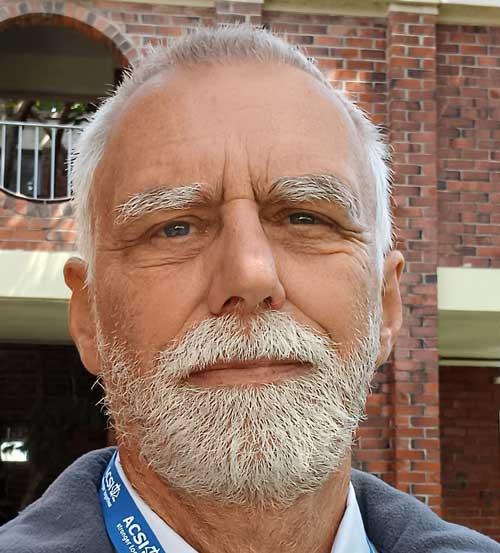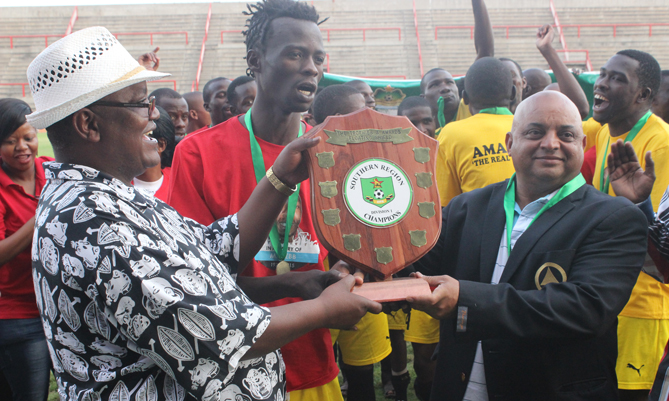
First it was Harare City, and now Mutare City and Bulawayo City have joined the fray as municipality teams compete in the Castle Premier Soccer League.
By Brian Nkiwane
In developed countries, many successful football clubs are founded by town councils, but the emergence of the trend in local football has been received with mixed feelings by rate-payers.

The most common argument is that, more money is being channelled towards football sponsorship at the expense of service delivery by the supposedly cash-strapped city councils. Harare City is set to commit at least $500 000 into their participation on the African safari.
Some ratepayers are complaining that too much money is going towards football sponsorship at the expense of service delivery, which should be the councils’ core business.
Kwekwe, Gweru and Chinhoyi municipalities once tried to run football clubs but the teams spent most of their lifetime playing in the unfashionable world of Division One where running a football club is not that expensive.
Speaking to Standardsport, rate-payers in Harare believe Harare City is abusing their hard-earned money, now that they appear to be splashing money in the transfer market in a bid to strengthen their squad for the Africa Confederations Cup.
- Chamisa under fire over US$120K donation
- Mavhunga puts DeMbare into Chibuku quarterfinals
- Pension funds bet on Cabora Bassa oilfields
- Councils defy govt fire tender directive
Keep Reading
“It’s not easy for a club like Harare City to outdo Harare giants Dynamos and power utility company sponsored ZPC Kariba on the transfer market. The fact that Harare City is luring players from Dynamos and ZPC Kariba clearly means that they are offering these players good salaries which other clubs are falling to offer. On its own, it’s a clear indication that most of the money is being channelled towards football while we continue to have poor service delivery,” said Munyaradzi Nkomo, who lives in Mbare.
He added; “The state of the roads in Mbare speak a lot. That is where the team has its home ground, Rufaro, but the city fathers can’t even repair the roads that lead to Rufaro, just to show you how bad things are.”
But Harare City secretary general Mathew Marara believes what they are doing as a club is not all about money.
“At times when people hear that you have bought such a player from such a club, they think large sums of money would have been paid,” he said. No. It’s not about money always. For starters, players look at the administration of a club, if there is a future. They also look at the coaches at a club and their style of play. They look too at the human resources, the way people at the club engage them when negotiating for their services. Once you are good at all this, you can get all the players that you want. If it was about money, we could have retained Talent Chawapiwa, but we failed,” Marara added.
“I think our supporters and the rate-payers now understand where we are coming from and where we are going with this football project.” While residents in Harare complain about the abuse of funds, it’s a different story in Mutare with the coming into the premiership of Mutare City.
“The team came at the right time. There was just Buffaloes in the premiership for the past four years, and it has now been kicked out. So to us, it’s a blessing as we will continue to have big teams coming here to Mutare. I think it’s up to the city fathers to balance football and service delivery. Besides, football creates employment for our own kids and if they follow in the Harare City footsteps, then we are up for an interesting project here in Mutare,” said Watson Moyo, a local businessman.
On possible clashes with the ratepayers over the issue of money, Mutare mayor Tatenda Nhemarare said council would always be guided by the rate-payers in as far as football sponsorship was concerned.
“I think after Buffaloes was relegated, our promotion into the topflight league came as a relief to football fans. The community has shown great support for the project. As the city council, we have not been sponsoring the team alone; there are other business people that have been putting large sums of money into this project,” he said. However, we will engage our rate-payers each time we feel there is something that needs to be done. They all know and understand the situation that faced the club, so there is no reason for us to clash. The residents love football.”
In Bulawayo, the noise about a city football club started when Bulawayo City was still in Division One.
“We cannot have a situation whereby the city fathers use our money for projects like football. I think first things must come first. We have a lot of football teams here in Bulawayo. What’s the need to keep on adding more? Why not support the few that are already there and maybe that will only need a few dollars than running a football club?” fumed Norma Ndlovu who stays in Nkulumane 12.
She added, “It will be very difficult for the team to get support as long as Highlanders and Chicken Inn are around. So where are they going to get the money when there are no gate-takings to talk about? It will take them years to break the Bosso here in Bulawayo.”
Bulawayo City official Jerry Sibanda was not reachable to comment on the situation in Bulawayo.

